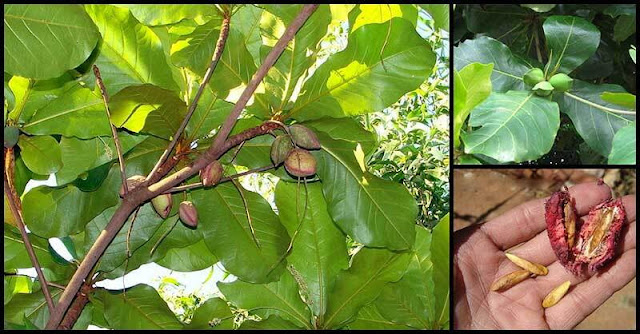The almond tree (Prunus dulcis) is a deciduous tree that belongs to the family Rosaceae. It is native to the Middle East but is now widely cultivated in many regions around the world, including California, Australia, and Spain. The almond tree is known for its edible seeds, which are commonly referred to as almonds. These seeds are used in a variety of ways, including as a snack, in cooking, and in cosmetics. In this article, we will explore the history, cultivation, uses, and health benefits of the almond tree.
History and Cultivation of Almond Tree:
The almond tree has a long and fascinating history. It is believed to have originated in the Middle East, specifically in the region between the Tigris and Euphrates rivers. The ancient Egyptians and Greeks were among the first to cultivate the almond tree. The Romans brought the tree to Europe, where it became popular in Spain and Italy. During the 18th and 19th centuries, the Spanish introduced the almond tree to California, where it became an important crop.
Today, California is the largest producer of almonds in the world, accounting for over 80% of global production. Other major producers include Spain, Italy, Australia, Iran, and Turkey. The almond tree is a hardy plant that can grow in a variety of climates, from hot and dry to cool and wet. It requires well-drained soil and plenty of sunlight.
Almond Tree Uses:
The almond tree is known for its seeds, which are used in a variety of ways. The most common use of almonds is as a snack. Almonds can be eaten raw or roasted and salted. They are also a popular ingredient in baking, particularly in pastries and cakes.
Almonds are also used to produce almond milk, which is a non-dairy alternative to cow's milk. Almond milk is made by blending almonds with water and straining the mixture to remove the solids. It is a popular choice among vegans and those who are lactose intolerant.
Almond oil is another product that is derived from the almond tree. Almond oil is used in cosmetics, particularly in moisturizers and hair products. It is also used in cooking, particularly in Mediterranean cuisine.
Almond Tree Health Benefits:
Almonds are not only delicious, but they are also packed with nutrients that offer a variety of health benefits. Almonds are a good source of protein, fiber, and healthy fats, particularly monounsaturated and polyunsaturated fats. These fats have been shown to lower LDL cholesterol levels and reduce the risk of heart disease.
Almonds are also a good source of vitamin E, which is an antioxidant that helps protect cells from damage caused by free radicals. Vitamin E has also been shown to improve skin health and reduce the risk of Alzheimer's disease.
In addition, almonds are a good source of magnesium, which is an essential mineral that plays a role in many bodily functions, including muscle and nerve function, blood sugar control, and blood pressure regulation.
Almonds have also been shown to help with weight management. Despite their high calorie content, almonds have been shown to promote feelings of fullness, which can help reduce overall calorie intake.
Conclusion:
The almond tree is a versatile and valuable plant that has been cultivated for thousands of years. Its seeds, which are commonly known as almonds, are used in a variety of ways, including as a snack, in cooking, and in cosmetics. Almonds are also packed with nutrients that offer a variety of health benefits, including improved heart health, skin health, and weight management.
If you're looking to add more almonds to your diet, there are many ways to do so. Try incorporating almonds into your morning oatmeal, snacking on a handful of almonds, or using almond flour.








